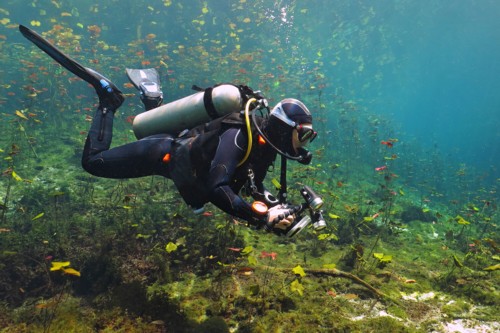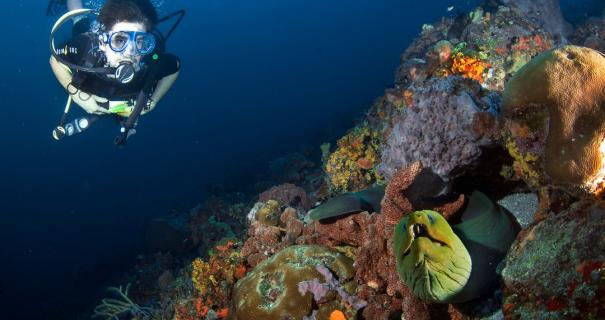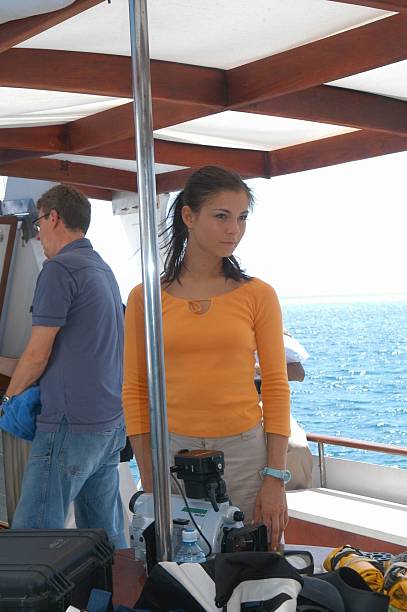 Online Scuba Lessons |
 Online Nitrox Lessons |



A well-worn sports slogan gives scuba divers some well-timed advice. Failure to prepare is preparing to fail.
Anyone who has been involved in competitive sports has probably seen this (or a similar and, occasionally, more colorful) slogan scrawled across the blackboard or wall in the locker room. Whether on the field or court in athletic competition, or cruising along a reef at 60 feet, a failure in preparation can have serious consequences.
Planning is the fundamental activity around which scuba diving takes place. "Plan your dive and dive your plan" is something virtually every diver has heard at one time or another. This process is vital to safe diving and includes more than knowing maximum time and maximum depth. Although information provided by the divemaster in the pre-dive briefing defines the dive limits, it is not a fail-safe safety net. In some cases the information provided by the divemaster isn't safe at all, be aware. The properly prepared and executed dive plan, however, can allow you and your buddy to get maximum enjoyment from the experience with minimum risk.
Dive planning is also something that cannot be delegated to someone else, including the divemaster or even your buddy. The only person qualified to plan your dive for you is a certified instructor - and even then, you should review it and fully understand it before diving.
Dive planning should include the following:
Buddy selection and dive preparation. A buddy is a partner
you select to enhance the enjoyment and safety of diving.
A good buddy is someone whose skills, abilities are
complementary to your own. A good buddy pair, then, is
better than the sum of its parts. Prior to the dive, talk
about what you would both like to do so there's no
misunderstanding once the dive begins. It's also good to
discuss your experience and qualifications so you can have
confidence in each other's ability.
Equipment Preparation.
Prepare your equipment as a team. By doing this, you
reduce the likelihood of preparation errors which can create
problems once you're in the water.

Communications
Make sure you're both on the same dive plan. I have been
on dives where one diver got the depth and time confused; "Now
was that - 40 feet for 80 minutes or 80 feet for 40
minutes?" Discuss maximum depth and bottom time as well as
air supply. Review basic hand signals and identify any pet
or regional hand signals you may use. I know that the
basic hand signals don't cover all the communication that needs
to be done. For example, my training assistants and I have
several hand signals that are not used by any other divers - we
made them up. But when I give a signal that a diver needs
to be watched very closely because he is at risk for bolting to
the surface, my assistants understand completely - why - because
we discuss them before every dive.
The What Ifs...
Review what you and your buddy would do if: 1) you were
separated underwater; 2) you went deeper or stayed longer than
planned; 3) you ran out of air underwater; 4) you got swept down
current; 5) you experienced equipment problems while
underwater. Think about it, what would you do?
Always plan your dive and dive your plan. A few well-spent minutes prior to the dive will be preparing you and your buddy for the success and all the rewards that come from safe and enjoyable diving.
Dive Safe...
Bwana
![]()